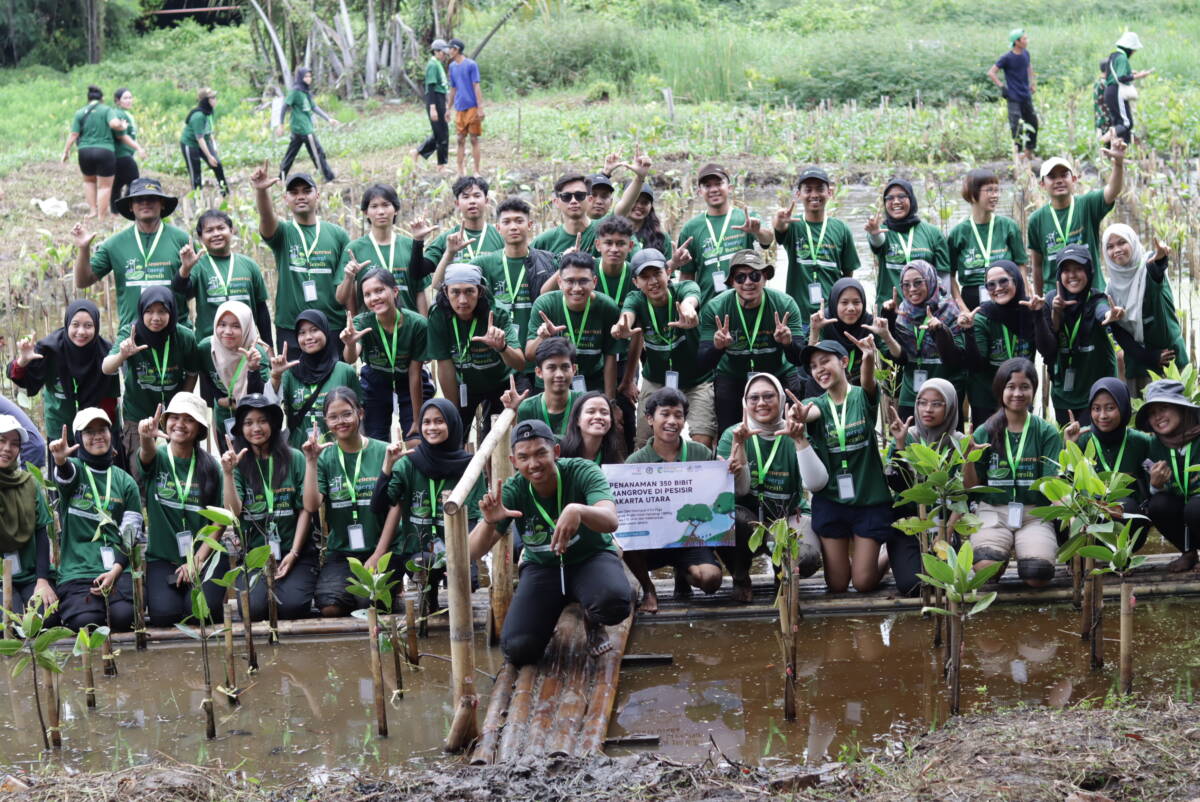Background
The impacts of climate change have become a serious threat to the lives of children and youth. A study conducted by Save the Children in 2020 found that children born in 2020 experienced disasters 3.4 times more often than their grandparents born in 1960. The disasters involved climate change such as heatwaves, droughts, forest…


